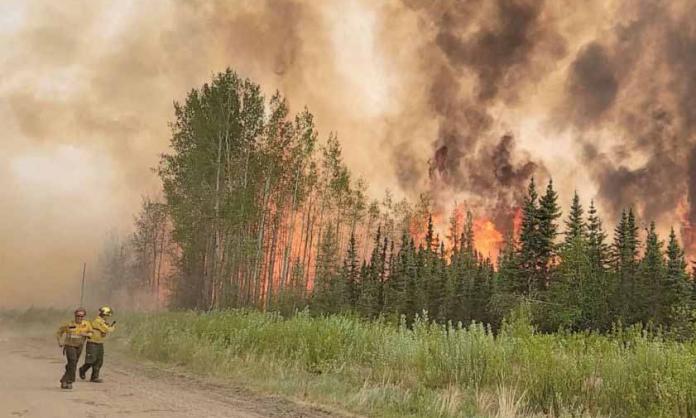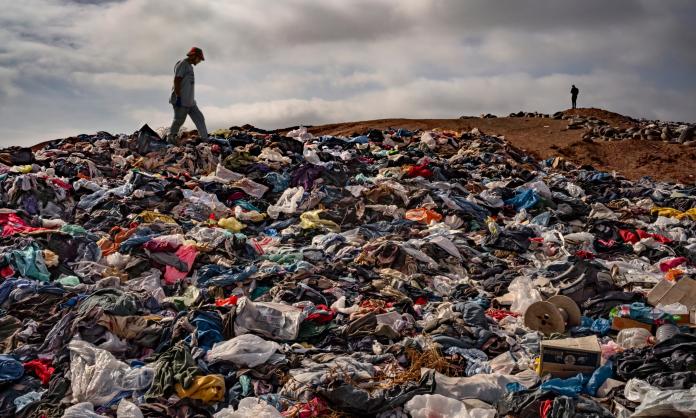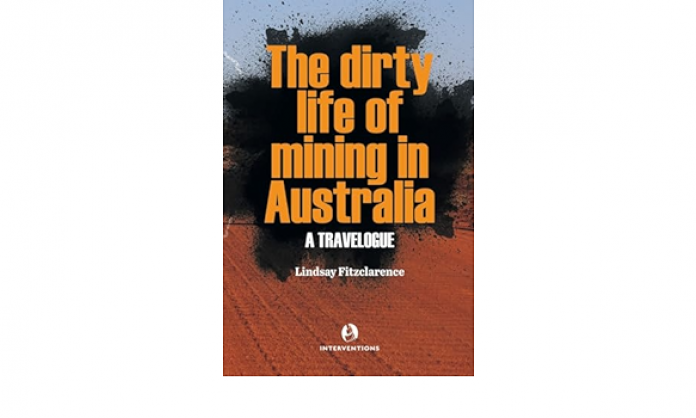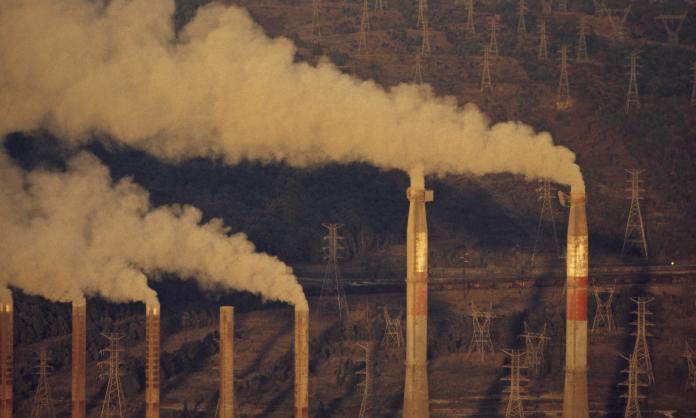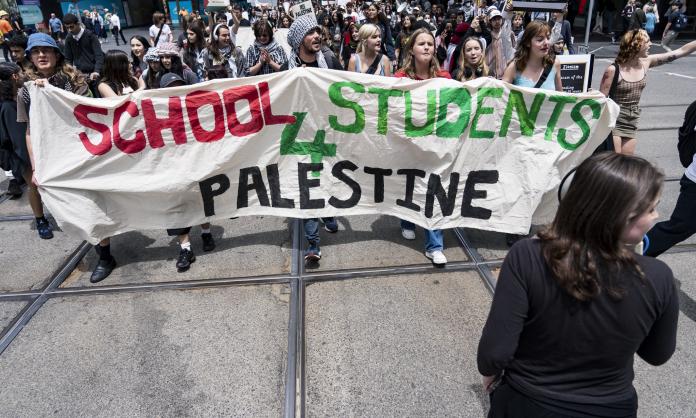Wildfires are tearing through the Canadian province of Alberta, the heart of Canada’s lucrative oil and gas industry. The images of orange and black skies from the thick smoke—which is now billowing across the US border, causing air quality warnings in several northern states—are dystopian yet familiar.
From the California wildfires of 2018, to Australia’s “black summer” of 2019-20, to the destructive fires in Greece in 2021, deadly heatwaves and uncontrollable wildfires have become the new normal. As a landmark report last year by the United Nations warned, “the heating of the planet is turning landscapes into tinderboxes”.
Alberta is a perfect example of this development. The last few decades have had an unprecedented number of catastrophic blazes. In his new book Fire Weather: A True Story from a Hotter World, John Vaillant chronicles the devastating Fort McMurray fire of 2016, dubbed “the beast”: “Fires are natural. What isn’t natural is something that cauterizes the landscape. Entire houses, 50-tonne objects, volatilize [convert into combustible gases] in five minutes”.
Today’s fires were exacerbated by the early onset of heatwave conditions, with relative humidity below 15 percent, creating what wildfire scientists call “cross-over conditions”. More than 100 fires have ignited throughout the province, including 31 categorised as “out of control”. So far more than 30,000 people have had to evacuate their homes. David Marin, a firefighter, told CBC News he’d “never seen it this dry this early ... this is going to be a long summer for us”.
Right-wing conspiracy theorists, with no evidence, claim supporters of the social democratic New Democratic Party (NDP) started the fires to undermine Alberta United Conservative Party (UCP) Premier Danielle Smith’s re-election campaign. The truth is less conspiratorial. The criminals behind this crisis include some of the most powerful institutions in Canadian capitalism—and they operate in broad daylight.
Canada’s biggest banks remain all aboard the fossil fuel gravy train. According to a report by the NGO Banking on Climate Chaos, the “big five” Canadian banks all made the list of top 20 fossil fuel funders globally after investing more than US$1 trillion in the industry since 2016. The Royal Bank of Canada ranked as the world’s largest financer of fossil fuels in 2022, providing fossil fuel companies with US$42.1 billion.
Alberta is at the heart of this fossil fuel addiction. Its oil sands operations, which use heavy machinery to mine the landscape for bitumen and steam to extract oil, are so large they are visible from space. They’re the planet's third largest trove of oil, making crude oil Canada’s top export, and they provide by far the largest supply of foreign oil into the US. That’s why the big producers in the region like Enbridge, Cenovus Energy and Canadian Natural Resources have the entire Canadian political establishment in their pocket.
Liberal Party Prime Minister Justin Trudeau, when he isn’t breaking strikes or making agreements with US President Joe Biden about how to turn back migrants, is shovelling billions of dollars into fossil fuels. Last year, Canadian climate NGO Environmental Defence found that the value of government subsidies to the industry was at least CAD20.2 billion.
Trudeau’s hypocrisy is brazen. On 18 June 2019, his government declared a national climate emergency. The next day, it approved the Trans Mountain pipeline expansion, which was to move almost 600,000 barrels of oil per day from Alberta to the port of Burnaby in British Columbia. The farce continued at last year’s United Nations COP27 climate conference, at which Canada was the only OECD country to bring delegates from fossil fuel companies.
Trudeau’s government follows a global trend in which vague commitments to meet net zero emissions targets are accompanied by increasing subsidies to the fossil fuel industry and new investments in oil and gas projects. A report by the International Energy Agency estimates that global fossil fuel consumption subsidies doubled in 2022 from the previous year to an all-time high of US$1 trillion.
To make matters worse, the UCP provincial government in Alberta has slashed funding for firefighting. It shut down 26 active fire towers across the province, made cuts to the rappel attack program (in which firefighters seek to control blazes in remote areas by attacking them from the air) and pushed through cuts to permanent and seasonal wildfire personnel at a district level. A lookout observer with almost 20 years’ experience told the Narwhal “our areas of responsibility have doubled”. “The problem isn’t the people working to manage the wildfires. It’s politics.”
The opposition is no alternative. The day after fires broke out, Alberta’s NDP leader Rachel Notley took to social media to boast about her unwavering support for the Trans Mountain pipeline.
Despite popular opposition, crude oil is only becoming more important to Canadian capitalism. As Canada and its allies look to shore up their energy security and prepare for a possible war with China, Alberta’s oil sands have been given a new lease on life. Former Alberta UCP Premier Jason Kenney summed it up when he told a US Senate committee hearing, “Calgary is a lot closer to Washington than Riyadh, and you don’t need the US Navy’s Fifth Fleet to patrol the Great Lakes”.
While Alberta’s fossil fuel barons will recover quickly from the disruption to drilling caused by the fires, working-class Albertans will suffer. Indigenous communities are some of the hardest hit. According to Indigenous Services Canada, dozens of structures have been destroyed in Sturgeon Lake Cree Nation, where more than 1,000 people were forced to evacuate. Thousands more were evacuated from the Little Red River Cree Nation. Frankie Payou, a veteran firefighter and father of three living in the East Prairie Metis Settlement, remains in a coma after attempting to fell trees to save his family’s home.
Preventing more of this suffering begins by challenging the priorities of the system that produces these unnatural disasters.
PHOTO CREDIT: Felton Davis (Flickr), licensed under 'creative commons': https://creativecommons.org/licenses/by/2.0/




